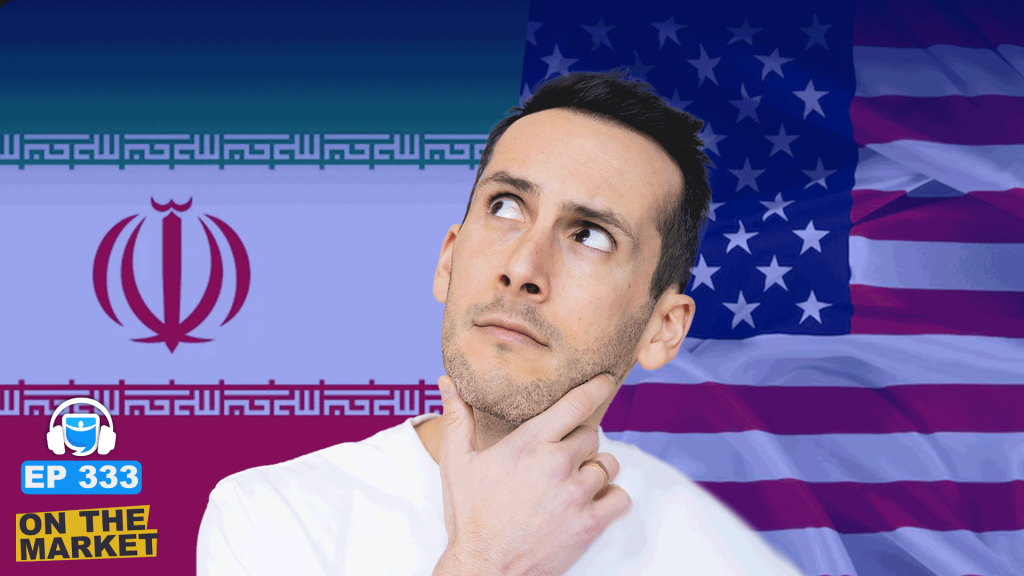Prolonged Iran Tensions Threaten Global Economic Stability
In recent years, the geopolitical landscape surrounding Iran has become increasingly fraught, with significant implications for global economic stability. The tension involving Iran, particularly with Western nations, is no longer a regional issue but a global concern with potential ripple effects across various economic sectors.
Historical Context
The roots of the current tensions can be traced back to historical disputes over Iran’s nuclear program, regional influence, and sanctions imposed by the United States and its allies. These elements have consistently contributed to fluctuating oil prices, impacting global markets. The 2015 Joint Comprehensive Plan of Action (JCPOA), an agreement aimed at curbing Iran’s nuclear ambitions in exchange for sanction relief, offered a brief respite. However, the U.S. withdrawal from the deal in 2018 reignited hostilities, leading to a cycle of sanctions and countermeasures.
Oil Market Volatility
Iran’s strategic position and its role as a major oil producer mean that any disruption in the region can lead to immediate consequences in energy markets. The Strait of Hormuz, a critical chokepoint through which a significant percentage of the world’s oil shipments pass, remains a focal point of concern. Any threat to this passage can lead to spikes in oil prices, further destabilizing economies still recovering from the impacts of the COVID-19 pandemic.
Sanctions and Economic Implications
Sanctions imposed on Iran have had a dual effect. While they aim to curtail Iran’s nuclear program, the restrictions have also hindered economic growth, not only within Iran but in countries with deep trade relations with Tehran. Businesses worldwide face challenges as navigating these sanctions complexities leads to increased operational costs and uncertainty in planning.
Additionally, financial markets often react defensively to escalations in rhetoric or actions between Iran and other countries, leading to increased volatility. Safe-haven assets such as gold typically see price hikes, reflecting global apprehensions.
Regional Impact and Global Consequences
The tensions with Iran cannot be viewed in isolation. Iran’s geopolitical strategies influence various regional conflicts, from Yemen to Syria and Lebanon. Any intensification of these conflicts often correlates with global economic repercussions, as regional countries are significant players in both energy production and consumer markets.
For instance, countries reliant on Middle Eastern oil might face increased costs, contributing to inflationary pressures globally. Industries dependent on petrochemical products and derivatives are also at risk, which can ripple through supply chains worldwide.
Diplomatic Efforts and the Path Forward
Efforts to rekindle diplomatic negotiations, like attempts to revive the JCPOA, face significant hurdles but remain crucial. Dialogue aimed at de-escalating tensions has the potential to stabilize markets and foster an environment conducive to positive economic interactions.
Global stakeholders, including organizations like the United Nations and European Union, play pivotal roles in mediating potential resolutions. These efforts require cooperation from all involved parties, emphasizing diplomatic engagement over military confrontation.
Conclusion
The prolonged tensions involving Iran are not simply a geopolitical dilemma but a substantial threat to global economic stability. The situation calls for proactive diplomatic engagement and innovative policy approaches to manage and mitigate risks. As the world grapples with multiple challenges, from climate change to technological disruptions, ensuring stability in one of the most volatile regions remains paramount for sustained economic growth and security. The international community must prioritize dialogue and cooperation to navigate this complex situation.

